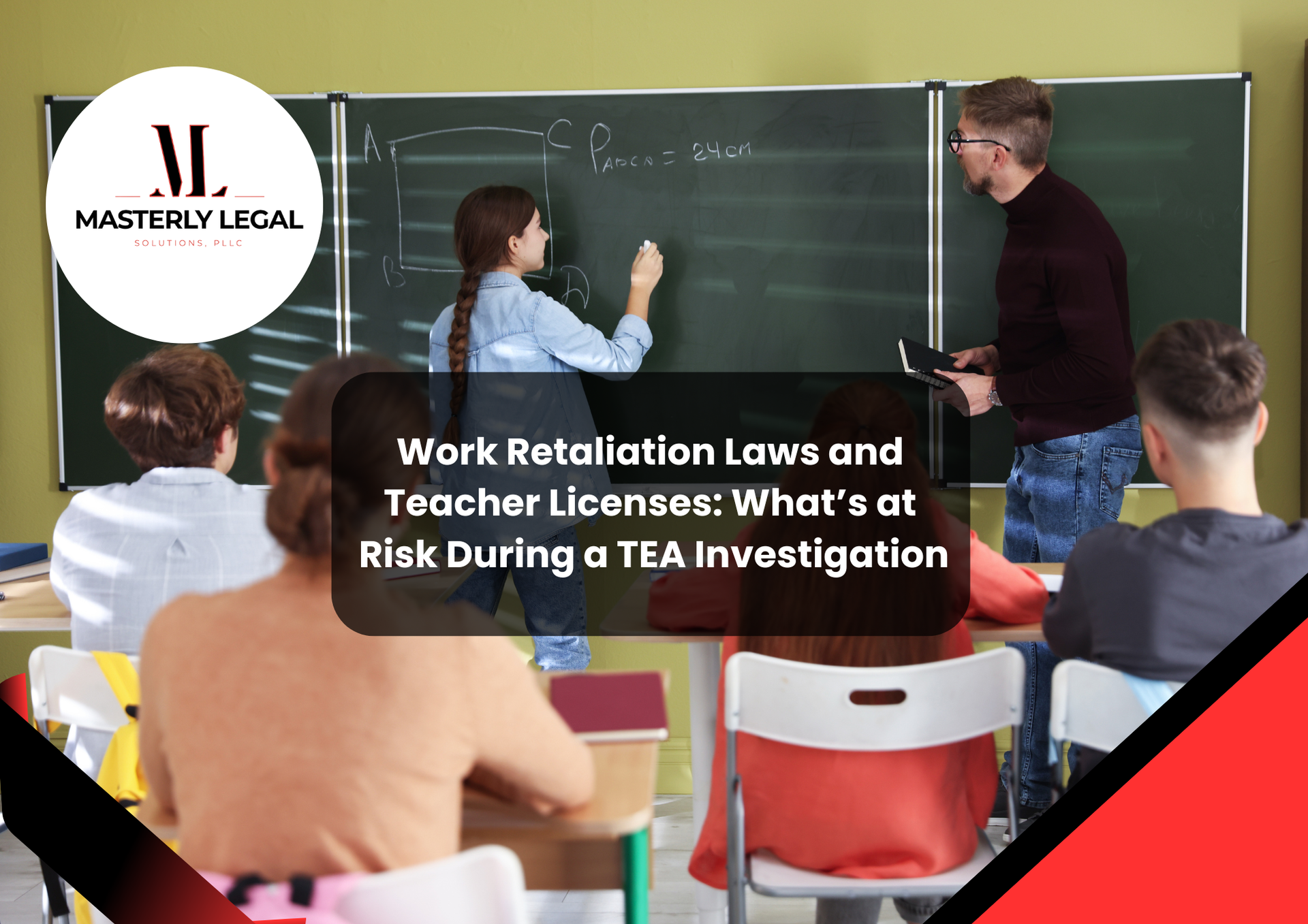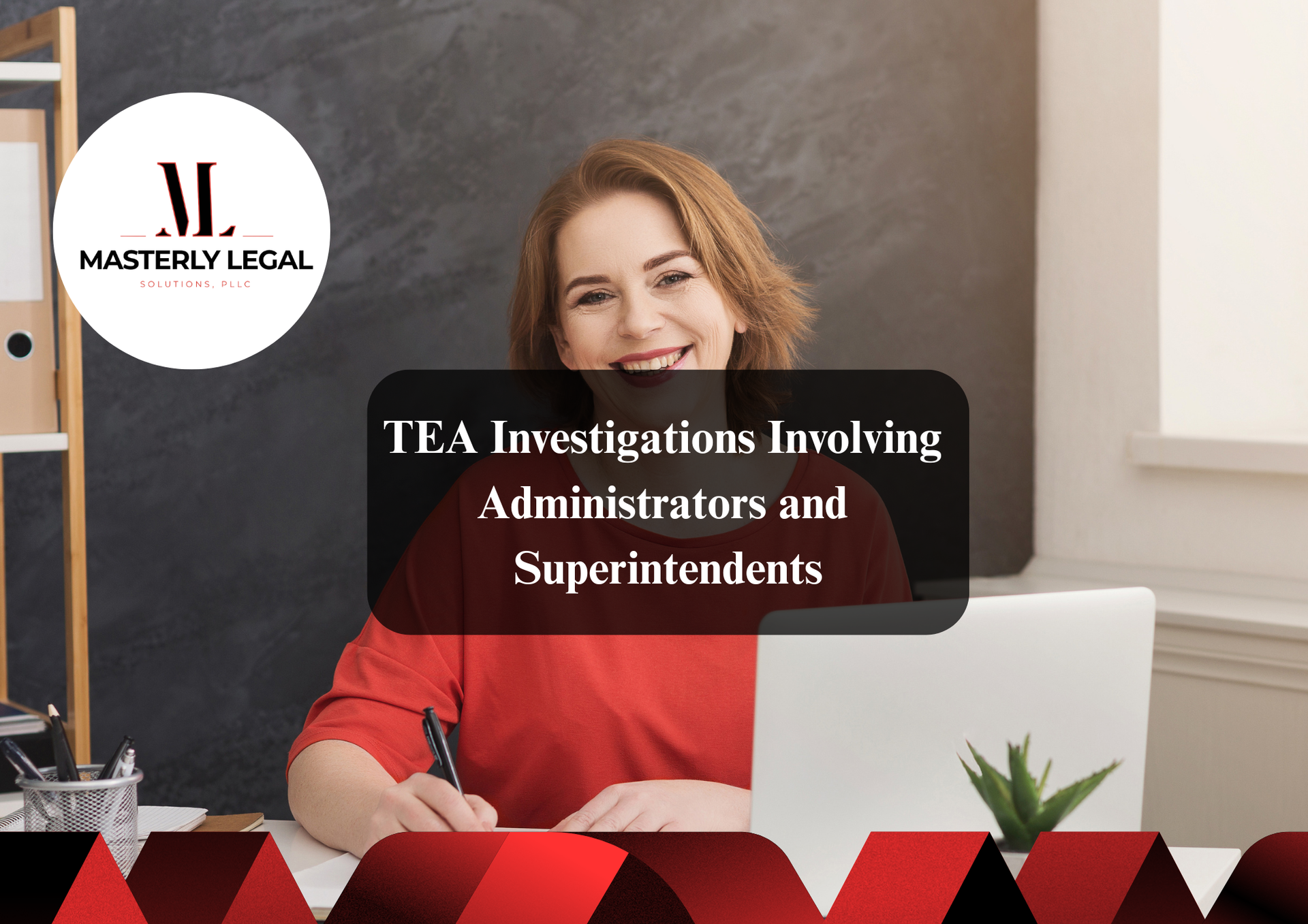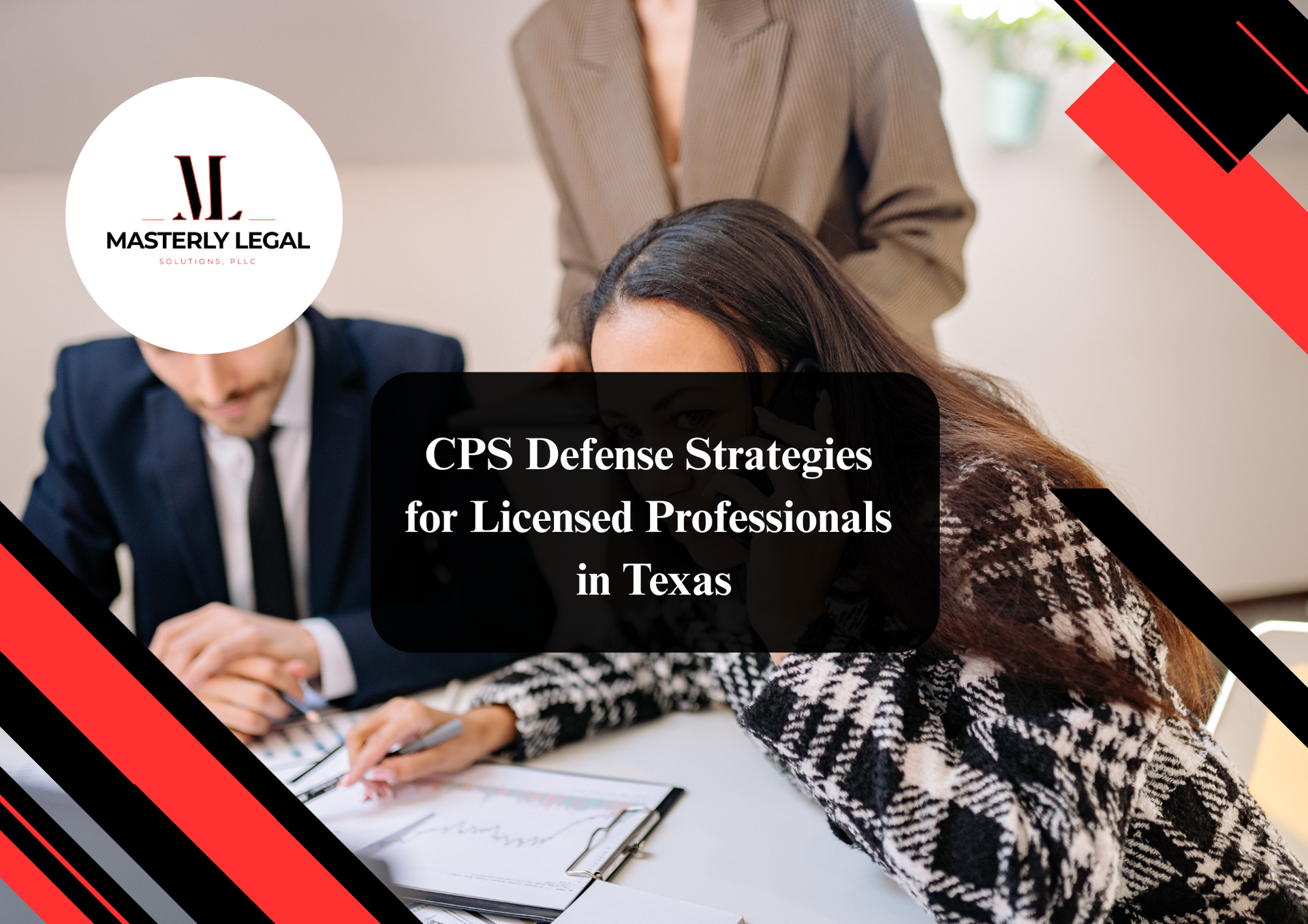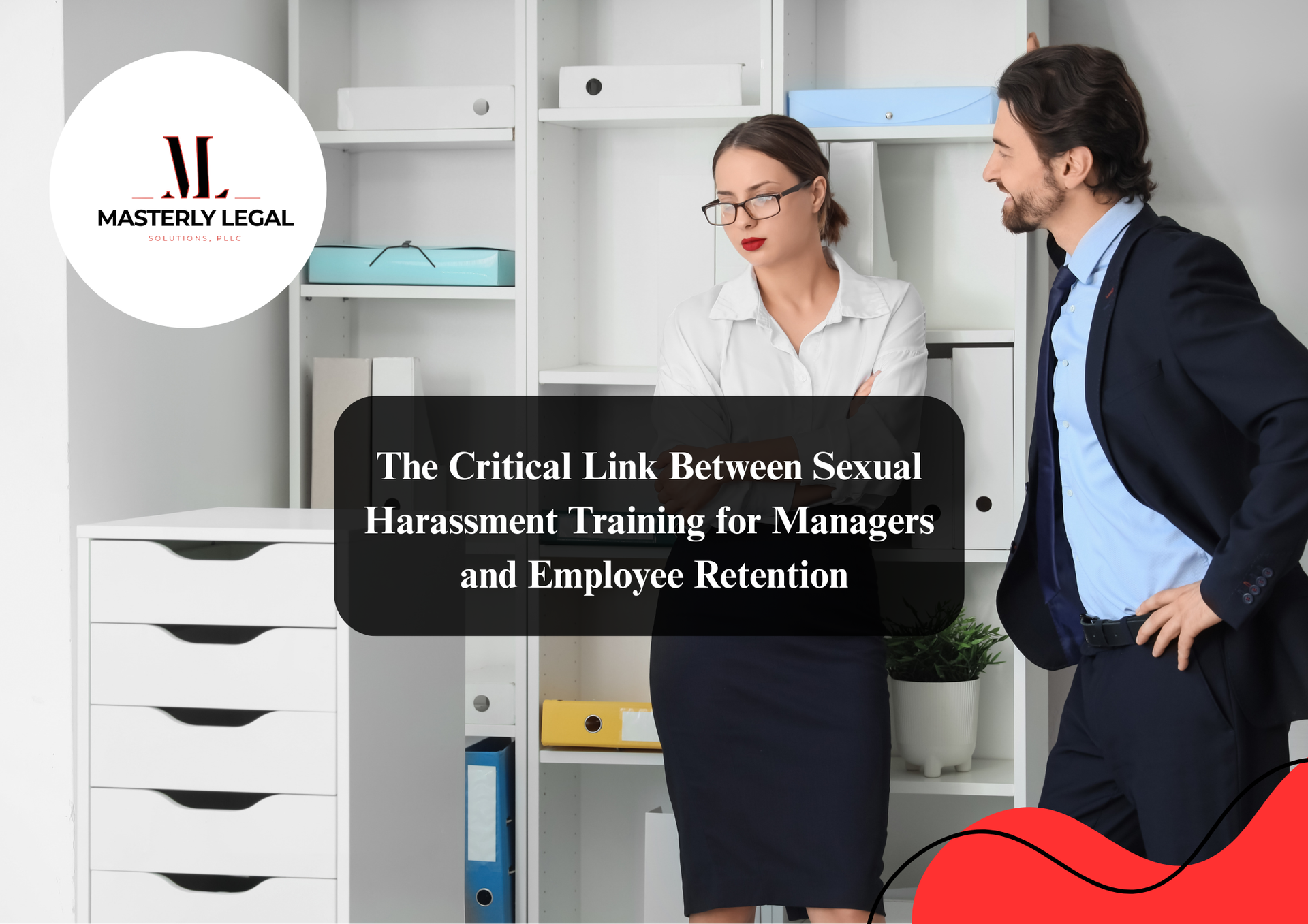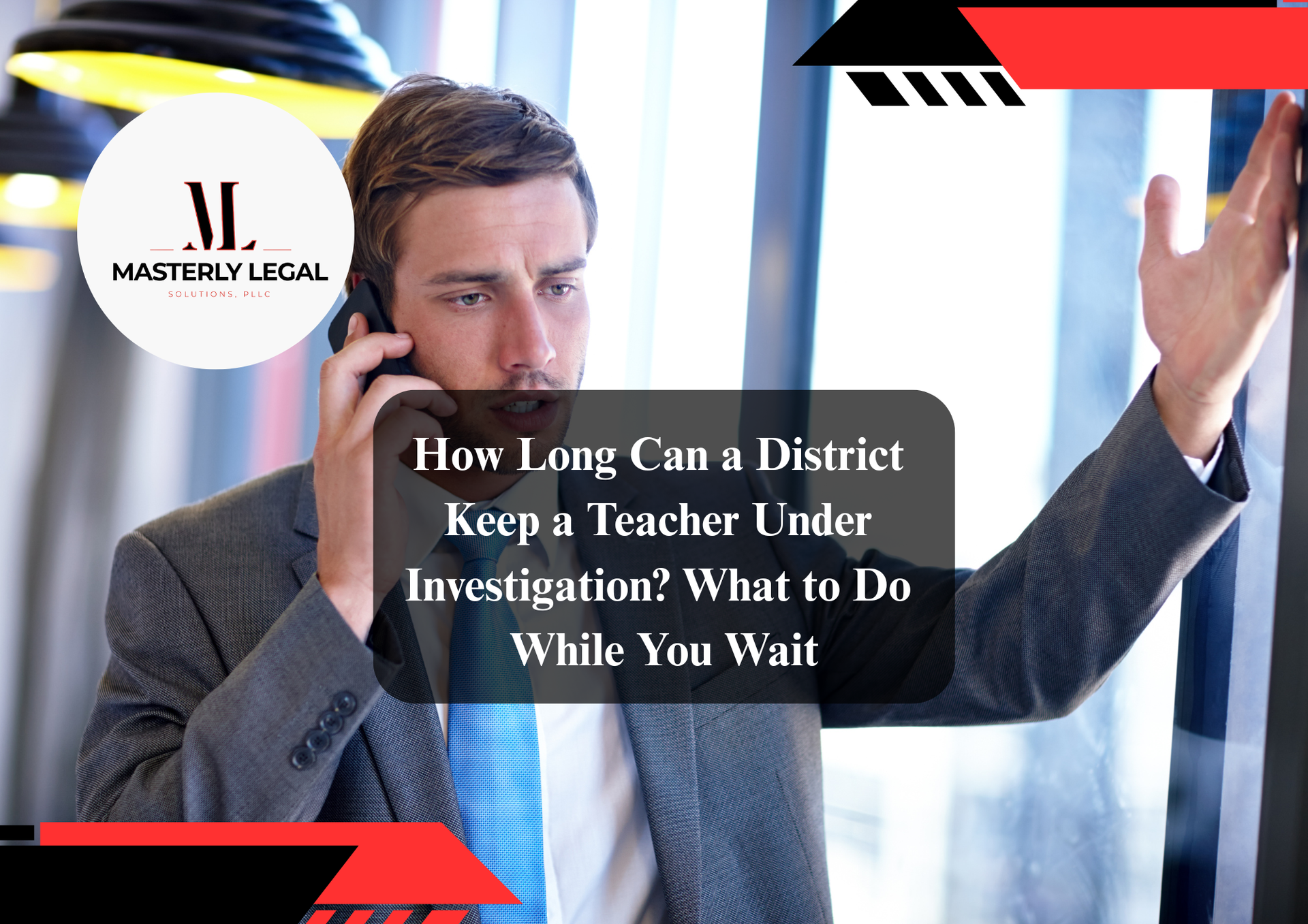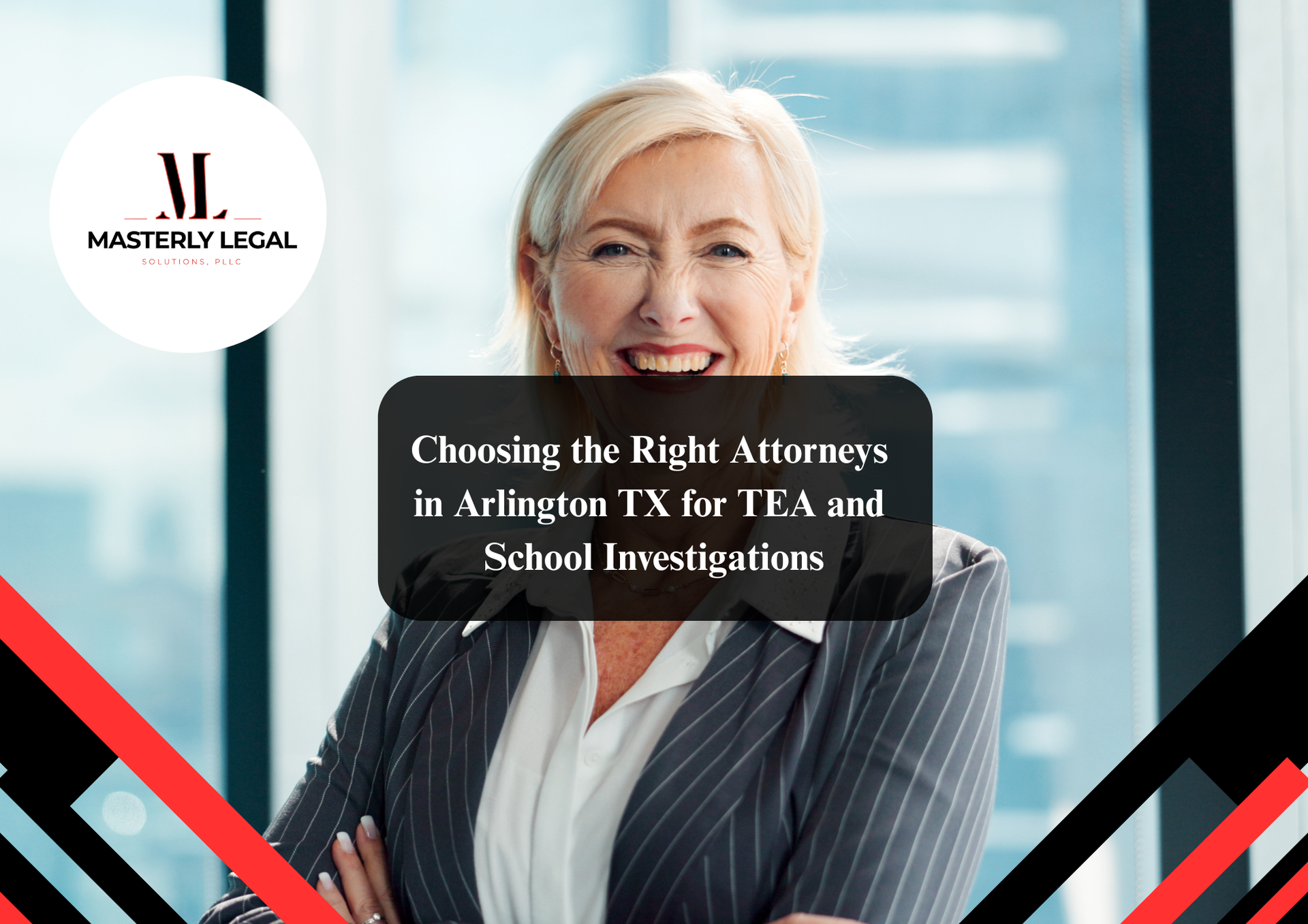How Higher Education Lawyers Strengthen Policy Enforcement and Institutional Integrity
In the complex and ever-changing landscape of higher education law, colleges and universities face constant pressure to uphold compliance, fairness, and institutional integrity. Higher education attorneys play a pivotal role in guiding schools through intricate legal challenges involving Title IX, employment, intellectual property, and regulatory compliance. This article explores how education lawyers safeguard the reputation and legal standing of higher education institutions, ensuring they maintain the trust of students, faculty, and governing bodies.
The Expanding Role of Higher Education Attorneys
Education law has evolved to encompass a broad spectrum of legal and regulatory challenges. Higher education attorneys now advise institutions on everything from employment disputes and student conduct policies to financial aid compliance and intellectual property protection. Their role extends beyond litigation—they act as proactive advisors who strengthen the governance structures of colleges and universities.
Attorneys who are experienced in higher education practice understand how legal and practical issues intersect with policy-making and daily administration. This insight allows them to help universities create fair, consistent policies that comply with both state and federal laws while aligning with their mission and values.
Why Policy Enforcement Is Crucial for Colleges and Universities
Policy enforcement forms the foundation of institutional integrity. Without consistent and transparent enforcement, even the most well-written policies lose credibility. Education attorneys provide the legal and strategic guidance necessary for schools to implement effective compliance systems.
They help institutions of higher education:
- Draft faculty and staff handbooks that reflect current employment and education law matters.
- Ensure compliance with the Department of Education and other federal and state regulatory bodies.
- Conduct policy reviews to ensure adherence to the Clery Act, Title IX, and other compliance issues affecting students and faculty.
How Legal Counsel Ensures Compliance and Risk Management
Higher education lawyers provide essential legal counsel in compliance and risk management, helping schools mitigate exposure to lawsuits and regulatory penalties. The legal and regulatory framework governing colleges and universities demands precise interpretation and implementation of education law.
Through risk assessments, legal audits, and proactive policy updates, attorneys strengthen compliance programs. They also provide training to faculty and staff on emerging issues such as privacy laws, NIL (Name, Image, and Likeness) policies, and academic integrity concerns—ensuring that education clients maintain a strong compliance culture across departments.
The Importance of Title IX Compliance in Higher Education
Title IX compliance has become one of the most critical areas of focus in higher education law. Education attorneys provide guidance on creating Title IX policies, conducting investigations, and defending institutions in litigation.
Higher education attorneys provide comprehensive support by:
- Advising administrators on Title IX reporting requirements.
- Conducting investigations and training on Title IX compliance.
- Helping universities maintain fair procedures for all parties involved.
Their legal services ensure that schools adhere to Department of Education standards while balancing student rights and institutional responsibilities.
Employment Law Challenges in Colleges and Universities
Employment issues are among the most common legal challenges in higher education institutions. From hiring and tenure disputes to claims of discrimination or wrongful termination, the legal complexities of the education sector demand skilled attorneys who understand both labor law and the academic environment.
Education attorneys advise on:
- Faculty and staff employment contracts and agreements.
- Union negotiations and unfair labor practice claims.
- Employee benefits, grievances, and compliance with federal and state employment laws.
A law firm with decades of experience in higher education practice can effectively handle disputes while maintaining institutional integrity.
Safeguarding Intellectual Property in Higher Education
Intellectual property is a critical area of law for research universities, private colleges, and public institutions alike. From patents and copyrights to trademarks and licensing agreements, education attorneys protect the innovations and creative works that define academic institutions.
They assist colleges and universities in managing intellectual property rights, ensuring that faculty, staff, and students understand ownership and licensing laws. With extensive experience in IP law, higher education attorneys help safeguard the academic and financial interests of the institution while encouraging innovation.
Addressing Legal Issues in Student Affairs and Conduct
Issues of student discipline, financial aid, and academic integrity frequently arise in the higher education environment. Attorneys who specialize in education law advise institutions on how to address the myriad legal and procedural concerns associated with student life.
Education attorneys provide training and guidance to ensure disciplinary actions align with due process and federal regulations. They also help schools handle legal issues involving student financial aid disputes, disability accommodations, and campus safety.
The Intersection of Education Law and Institutional Governance
The intersection of law and governance in the higher education community requires a deep understanding of the balance between institutional autonomy and regulatory oversight. Higher education lawyers advise boards of trustees, presidents, and general counsel on the legal implications of governance decisions.
These attorneys assist in shaping policies and practices that reflect best practices and ethical standards. Their guidance ensures that institutional leadership makes decisions grounded in compliance, transparency, and fairness—essential elements for sustaining public trust.
Litigation and Dispute Resolution in Higher Education
Even with strong compliance programs, litigation can still arise from employment disputes, Title IX investigations, or student grievances. Higher education lawyers with extensive experience in education litigation defend colleges and universities against claims that could damage their reputation or finances.
They manage cases efficiently while exploring dispute resolution alternatives such as mediation or arbitration. Experienced attorneys understand the nuances of university law and are equipped to represent both public and private colleges in complex cases involving multiple legal areas.
Supporting College Athletics and NIL Agreements
The rise of Name, Image, and Likeness (NIL) rights has created new legal challenges for universities and college athletes. Higher education attorneys help colleges and universities navigate NIL compliance, ensuring contracts protect both institutional interests and student-athlete rights.
These lawyers advise on college sports agreements, sponsorships, and marketing partnerships while staying compliant with Department of Education and NCAA regulations. Their legal work helps maintain fairness and transparency in athletic programs across higher ed institutions.
Legal Support for Faculty and Staff Governance
Higher education attorneys also assist faculty and staff in governance matters, ensuring policies are equitable and compliant. They help draft faculty bylaws, review employment practices, and ensure academic freedom is respected within the framework of education law.
Their role within a higher education practice group is to balance legal and ethical considerations, ensuring decisions align with institutional values and the law.
How Legal Teams Build a Culture of Integrity
Integrity within colleges and universities depends on consistent legal and ethical oversight. Higher education attorneys contribute to building this culture by helping institutions create fair procedures, uphold compliance, and manage risk effectively.
Their comprehensive range of services covers policy drafting, dispute resolution, and training programs. They regularly provide legal support that fosters accountability among administrators, faculty, and students alike.
Addressing Legal Challenges in Education Technology
The rapid advancement of education technology introduces myriad legal challenges, from data privacy to intellectual property. Higher education lawyers advise schools on compliance with digital security laws, licensing issues, and technology agreements.
They help ensure that online education platforms meet federal and state regulations, protecting both institutional interests and student privacy.
How Higher Education Lawyers Advise Boards and Trustees
Boards of trustees and institutional leaders rely on legal counsel to navigate education law matters that affect governance, compliance, and financial stability. Attorneys advise on board policies, conflicts of interest, and best practices for transparency.
Through this guidance, colleges and universities maintain compliance with laws governing nonprofit organizations, employment, and educational funding.
Collaboration with National and State Education Associations
Many higher education attorneys collaborate with organizations such as the National Association of College and University Attorneys and the Association of College and University Attorneys. These professional partnerships allow them to stay ahead of trends and emerging legal issues in the education sector.
This collaboration ensures that education attorneys provide up-to-date counsel grounded in the realities of modern education.
The Role of Legal Counsel in Crisis Management
When crises occur—such as campus violence, data breaches, or major policy violations—higher education attorneys play a critical role in managing the institution’s response. Their experience allows them to coordinate with departments of education and justice while maintaining compliance with legal requirements.
Effective crisis management protects institutional reputation and ensures swift corrective actions that restore trust.
Building a Framework for Institutional Integrity
Higher education attorneys help colleges and universities design internal systems that promote integrity. From risk management to transparent reporting and compliance audits, they ensure that every department operates ethically and efficiently.
Their education law expertise supports institutional leaders in making sound decisions that reflect the school’s mission and values.
Dallas-Based Legal Support for Higher Education Clients
At Masterly Legal Solutions, our higher education team includes attorneys with decades of experience in addressing issues for higher education institutions. Based in Dallas, our law firm represents both public and private colleges, helping them navigate the complex education law landscape.
Our experienced attorneys assist colleges and universities in matters involving Title IX, labor law, intellectual property, and regulatory compliance. We are proud to support the higher education community through thoughtful, strategic legal services tailored to each client’s needs.
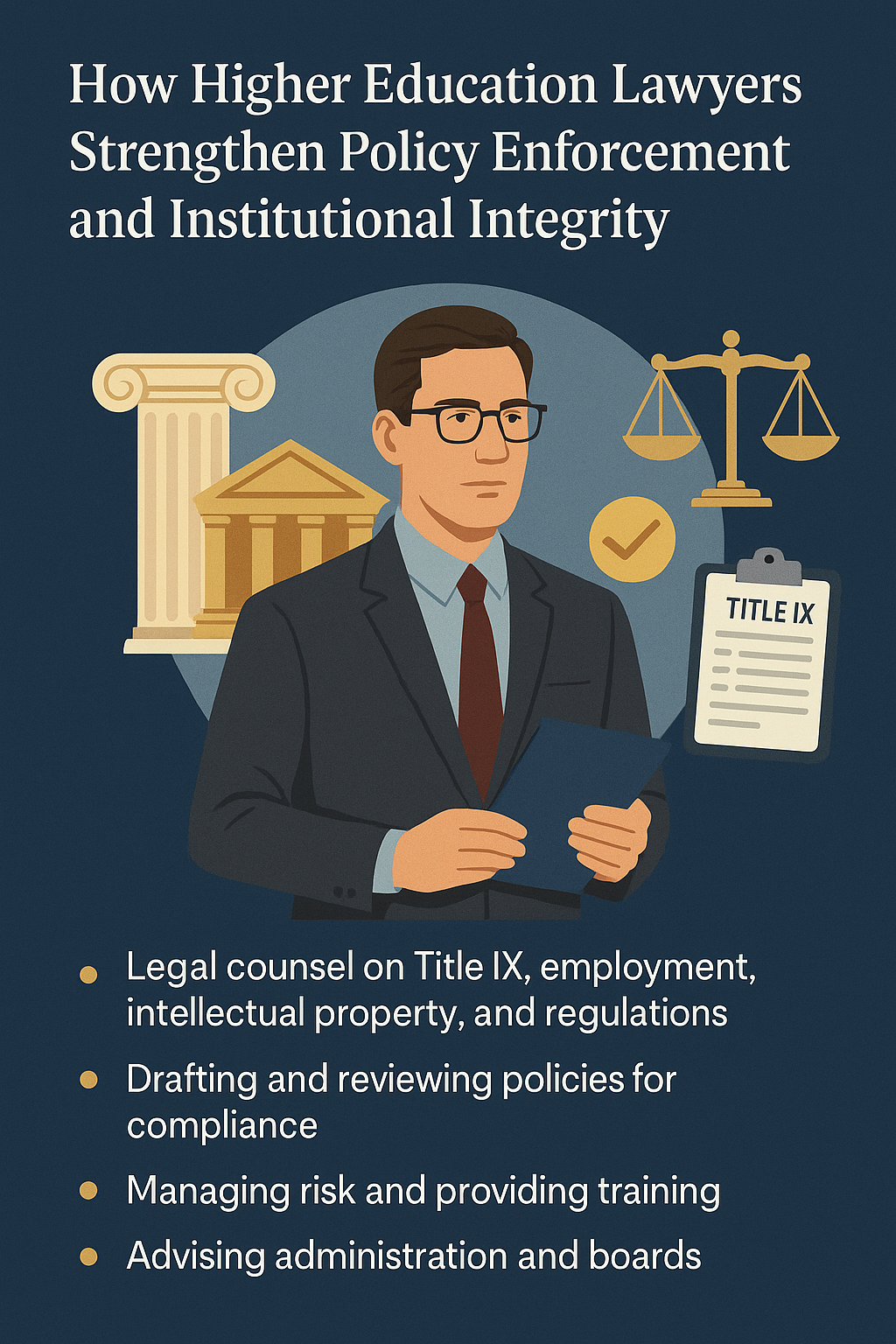
Key Takeaways: Strengthening Institutional Integrity through Legal Guidance
- Higher education attorneys help enforce fair, consistent policies that build trust.
- Title IX compliance remains a cornerstone of education law enforcement.
- Employment and intellectual property law issues are key legal challenges.
- Proactive compliance and risk management protect colleges and universities.
- Collaboration between legal counsel and educational leaders promotes transparency and integrity.
Talk to a Higher Education Attorney Today
If your college or university faces legal or compliance challenges, Masterly Legal Solutions is here to help. Our education attorneys provide practical, strategic guidance to protect institutional integrity and ensure compliance with complex state and federal laws. We help higher education clients strengthen governance, manage legal risk, and develop policies that stand the test of time.
Contact us at (972) 236-5051 for a free consultation to discuss your school’s legal needs and learn how we can support your institution’s goals.
Disclaimer: This article is for informational purposes only and does not constitute legal advice. For personalized legal counsel, please contact Masterly Legal Solutions directly.
Looking for Legal & Business Solutions? Contact Us Now
Fill in the form or call us to set up a meeting

